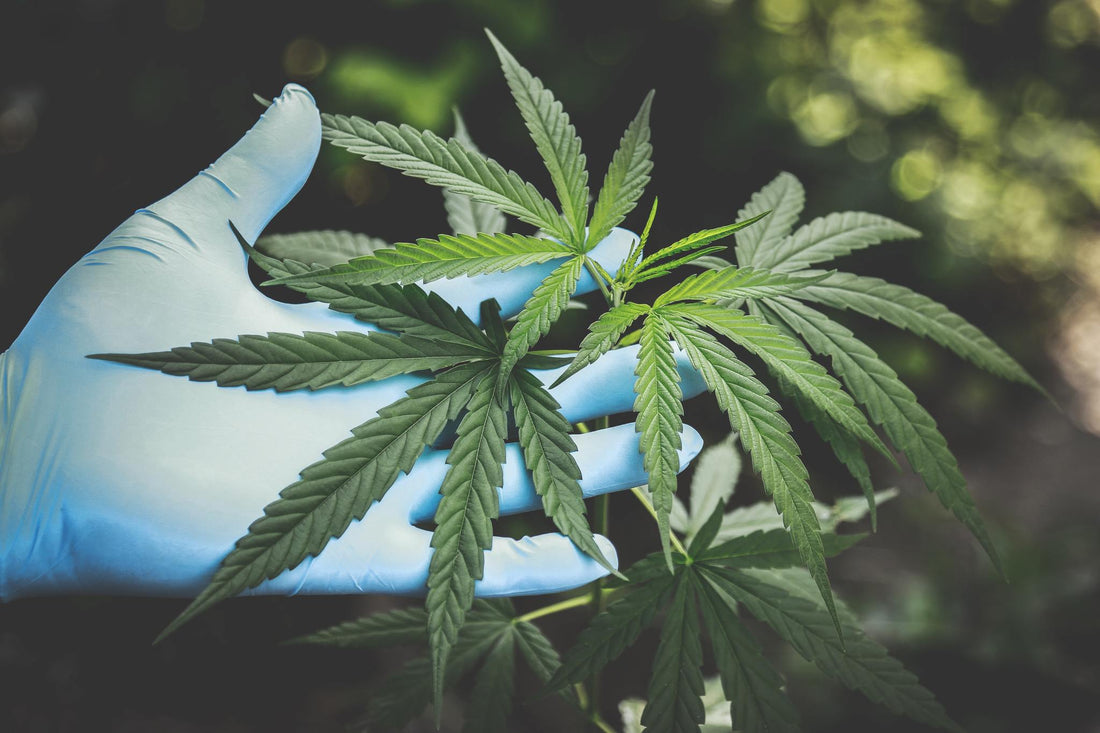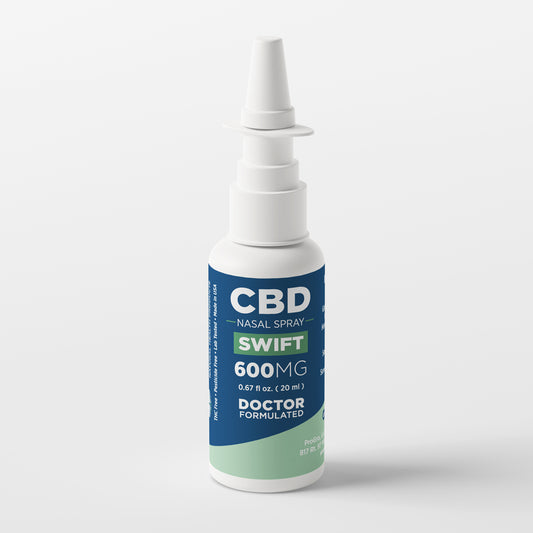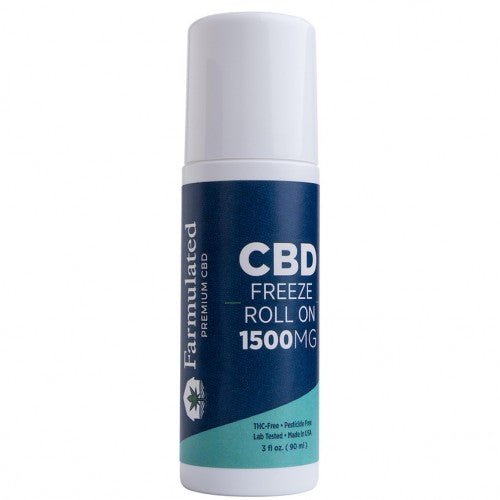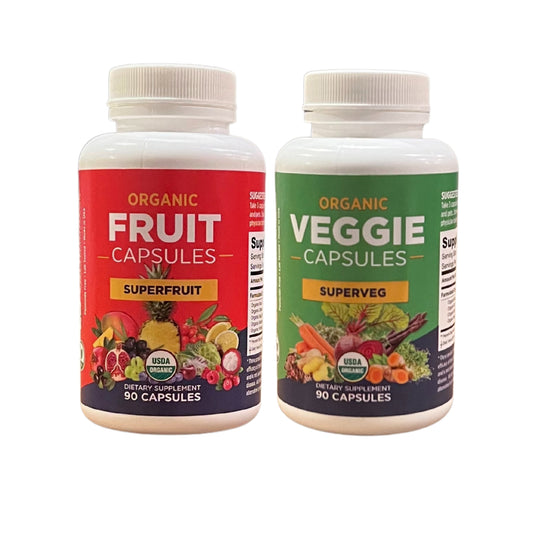What does it mean for something to be considered Halal?
In the context of food and consumables, 'Halal' is an Arabic term meaning 'lawful' or 'permitted' according to Islamic law. For a product to be considered Halal (like Halal foods), it must adhere to the dietary laws as outlined in the Qur'an. These rules exclude certain foods and ingredients, such as pork and alcohol. For something to be considered Halal, it's not just about the nature of the product itself, but also the process through which it is produced and prepared.
What is CBD and how is it produced?
CBD (Cannabidiol) is a non-psychoactive compound extracted from the hemp plant, a variety of the Cannabis Sativa plant species. It has become popular in the health food industry due to its potential therapeutic benefits. There are different types of CBD products available in the market, such as CBD oil, CBD gummies, and CBD capsules. These can be full-spectrum CBD oil, which contains all naturally occurring compounds in the cannabis plant, including trace amounts of THC; broad-spectrum CBD oils, which contain all compounds except THC; or CBD isolates, which are made from a CBD isolate formula that contains only CBD and no other cannabis compounds.
Is CBD considered intoxicating in the same way as THC?
No, CBD is not considered intoxicating in the same way as THC. While both are compounds found in cannabis plants, they have different effects on the body. THC is the compound responsible for the 'high' associated with marijuana use. CBD, on the other hand, does not produce this psychoactive effect, whether it's in CBD oil, CBD gummies, or other CBD products. Therefore, the concern about whether CBD is Halal or Haram (forbidden) does not stem from intoxication issues, but rather from concerns about how it is produced and whether all CBD products, such as CBD isolates or broad-spectrum CBD formulas, meet Halal standards. So, is CBD oil halal? Let's explore.
Can CBD be considered Halal, and what factors would determine this?
Whether CBD is Halal or not largely depends on the source of the CBD and the method of its extraction. CBD extracted from a hemp plant is generally not considered Haram as the plant itself is not intoxicating. However, it becomes a more complex issue when considering the extraction and purification processes, which might involve alcohol - a substance that is not Halal. Furthermore, other ingredients in CBD products, like gummies or capsules, need to be Halal, too. As of my last knowledge update in September 2021, there is no universal consensus among scholars on this issue, so it's advisable for individuals to seek guidance from a knowledgeable Islamic authority.
Are there specific CBD products that are certified as Halal?
Yes, some companies specialize in producing Halal CBD oils and other products. These producers ensure that the entire process, from the growth of the plant to the extraction of the CBD and the manufacturing of the product, complies with Halal standards. When shopping for CBD products, look for those that have been certified as Halal by a recognized Islamic organization. However, be aware that not all CBD products on the market are Halal certified.
What should Muslim individuals consider when deciding whether to use CBD?
When deciding whether to use CBD, Muslim individuals should consider a few factors. Firstly, the source of the CBD and the method of extraction are essential - it's ideal to opt for products made from CBD that has been extracted without the use of non-Halal substances, like certain alcohols. Secondly, the other ingredients in the product should also be Halal. Therefore, it's advisable to choose products that are certified Halal. Lastly, as interpretations of what is considered Halal can vary, it can be helpful to consult with a knowledgeable Islamic authority for personalized advice.
How Does the Extraction Process Affect the Halal Status of CBD?
While the source of CBD may be permissible, the extraction method can raise questions about its Halal status. Common extraction methods include using solvents such as alcohol, carbon dioxide, or olive oil. Since alcohol is Haram, any CBD extracted using alcohol would likely be considered non-Halal. However, extraction methods that do not involve Haram substances, such as carbon dioxide extraction, may be permissible. It’s crucial for Muslims to verify the extraction method used when considering CBD products.
Understanding the Ingredients in CBD Products: What to Look For
Apart from the CBD itself, many products, especially edibles like CBD gummies, contain additional ingredients that must meet Halal standards. Ingredients like gelatin, which is often derived from pork, are Haram. However, some CBD gummies use Halal-certified gelatin from beef or plant-based alternatives. Checking the ingredient list for any non-Halal components is an essential step for Muslims interested in these products.
Comparing Halal Certification for CBD Products with Other Supplements
Halal certification is commonly seen in food, beverages, and supplements. CBD, being relatively new in the market, may not always come with Halal certification. However, this is changing as more companies recognize the demand for Halal-certified health and wellness products. Comparing the certification process for CBD products to more established supplements can help Muslim consumers understand what to expect and what to look for.
The Role of Alcohol in CBD Tinctures: Is It Permissible?
One common type of CBD product is a tincture, which sometimes contains alcohol to preserve the CBD and improve its absorption. However, the presence of alcohol raises concerns about whether these tinctures are Halal. Some manufacturers offer alcohol-free tinctures, using alternatives like vegetable glycerin, making it important for consumers to read labels carefully and choose products that align with their religious beliefs.
The Importance of Consulting Scholars on Emerging Health Products
The evolving nature of CBD and its increasing popularity in health and wellness means that Islamic scholars are continually revisiting its status in light of new developments. Muslims considering CBD should seek guidance from knowledgeable scholars who understand the nuances of both Islamic dietary law and modern health products. This can help ensure they make informed decisions in line with their faith.
Addressing Common Misconceptions about CBD and Halal Standards
There is often confusion surrounding CBD and its association with cannabis. Many people mistakenly assume that all cannabis-related products are Haram due to their association with marijuana. However, CBD is distinct from THC, the psychoactive component of cannabis. This section could clear up these misconceptions and explain how the source of CBD and its processing play a role in determining its permissibility.
Ready to see what CBD products can do for you?
Want to dive deeper into understanding the complexities of our CBD products? We've got a wealth of resources to aid your understanding and to guide your decision-making process. Take a look at what we have to offer, and find out which CBD product is right for you.





